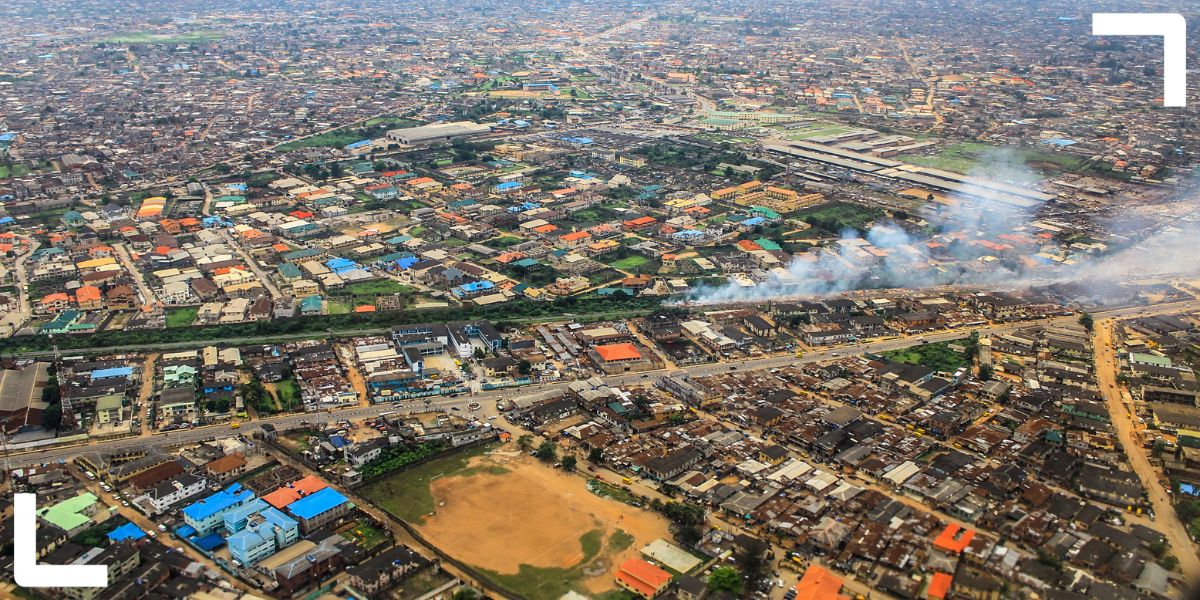ACRC research into urban development in Lagos has attracted further coverage from national newspaper The Guardian…
Improving safety and security
The population of Lagos is growing fast, largely thanks to waves of migration into the city. This high influx of people puts additional pressure on city infrastructure and service provision, and can exacerbate existing issues including youth unemployment, social inequality and violent crime.
In a recent interview, safety and security domain lead for Lagos, Adewumi Badiora, talked about ACRC’s research in the city, the need for a coherent governance approach to address insecurity, and why the city government’s development agenda should prioritise targeted empowerment and rehabilitation programmes.
Reforming transport and energy systems
Transportation and energy planning are integral to economic development in any city. In Lagos, they play a significant role in shaping the city’s liveability, accessibility and economic competitiveness. The recent launch of the city’s light rail system portends an opportunity for urban reforms, according to ACRC Lagos city of systems researchers, Lookman Oshodi and Yinka Jones.
They shared their thoughts on upgrading and expanding infrastructure to serve the growing city population, the importance of involving local governments in reform processes, and the multiple health and socioeconomic benefits of transitioning to clean energy sources.
Note: This article presents the views of the author featured and does not necessarily represent the views of the African Cities Research Consortium as a whole.
The African Cities blog is licensed under Creative Commons Attribution-NonCommercial-NoDerivatives 4.0 International (CC BY-NC-ND 4.0), which means you are welcome to repost this content as long as you provide full credit and a link to this original post.
Header photo credit: AYOTOGRAPHY / iStock. Aerial view of Lagos, Nigeria.


